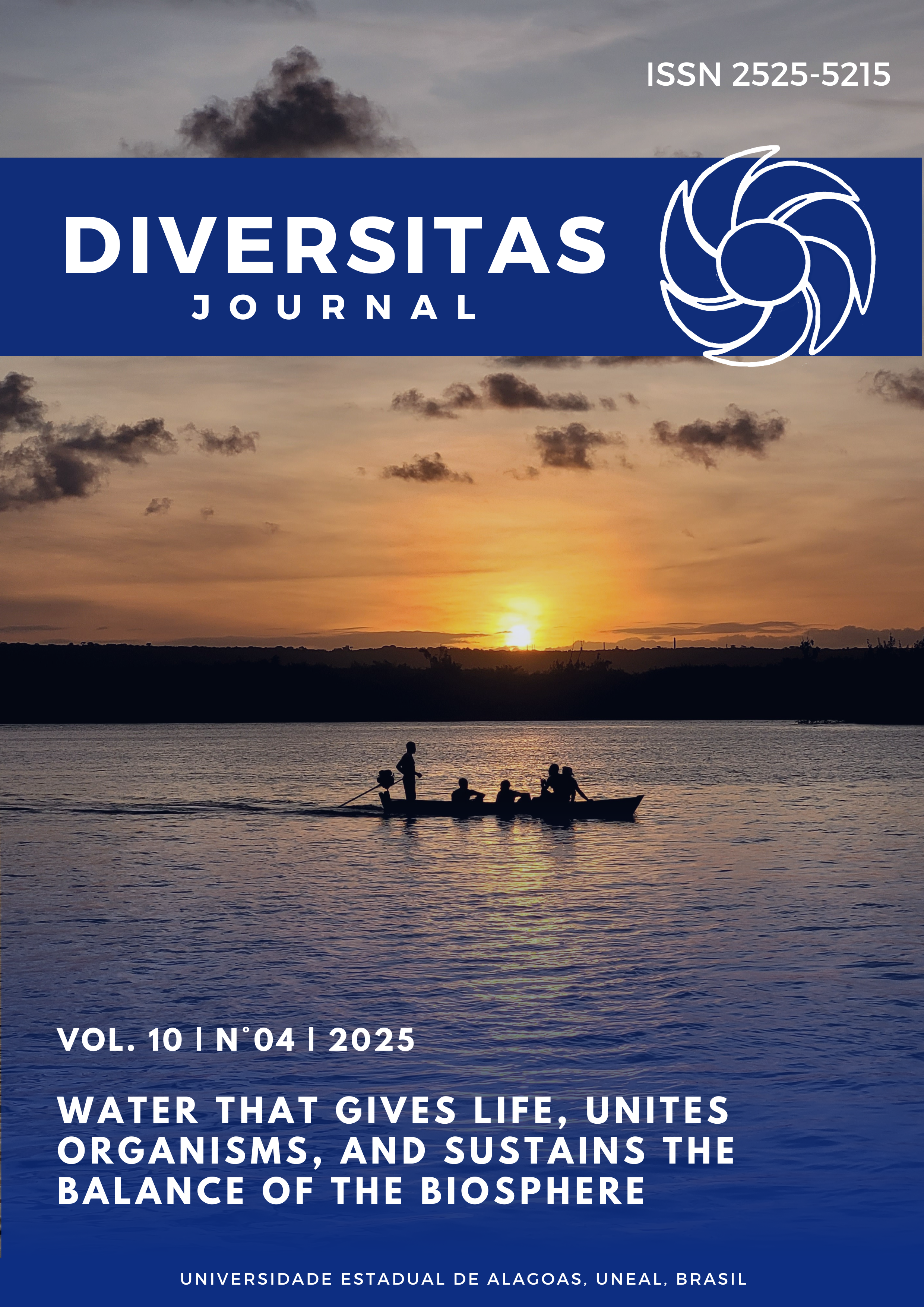Taxation and National Security: How our Contributions Shake the Country's Safety
DOI:
https://doi.org/10.48017/dj.v10i4.3144Keywords:
tax, understanding, awareness, national security, government efficiencyAbstract
Fueling the government’s operation, taxes are considered bread and butter – a necessity and an essential lifeblood. Without taxes, the government will not exist and will never have a driving force to execute its function of providing public service and securing the nation. This study intends to obtain the taxpayers’ perspective on taxation and national security. This assesses the tax understanding and awareness of the participants, their concept of national security, their view on the role of taxes in safekeeping the nation, and their notion how efficient the government is in addressing threats considering the utilization of the national fund. The results highlight that taxpayers have a good understanding and high tax awareness. They comprehend the benefits of taxation and are mindful about the importance of their contributions. They further associated national security to the welfare and well-being of the people. They see taxes as indispensable in the government operation as they recognize that taxes serve as a fuel in running the country. Relative to government efficiency, they acknowledge its initiatives, but there are matters that need to be prioritized. Taking into account taxpayers’ viewpoints is a great avenue to revisit policies and programs, and align it to matters that need immediate actions and long-term solutions. It is an urgent call to continue the practice of instilling the art of taxation, as it will enable the people to be more aware of how vital taxes are, leading to more compliant taxpayers, sources of funds, and programs and projects.
Metrics
References
Agustiningsih, W., & Isroah. (2016). Pengaruh penerapan e-filing, tingkat pemahaman perpajakan, dan kesadaran wajib pajak terhadap kepatuhan wajib pajak di KPP Pratama Yogyakarta. Jurnal Nominal, 1(2), 107-122.
Department of Finance. (27 December 2017). The tax reform for acceleration and inclusion act. https://taxreform.dof.gov.ph/news_and_updates/the-tax-reform-for-acceleration-and-inclusion-train-act/
Holmes, K. (2015). What is national security. The Heritage Foundation. https://www.heritage.org/sites/default/files/201910/2015_IndexOfUSMilitaryStrength
Llamado, C. & De Vera, J. (2014). Philippine Income Tax. CPA Review School of the Philippines, Inc.: Manila, Philippines.
Longley, R. (2021). National security definition and examples. Thought Co. https://www.thoughtco.com/national-security-definition-and-examples-5197450
Litonjua, V. & Litonjua, L. (2010). Philippine Laws on Income Taxation – Revised Edition per R.A. 9504. Polytechnic University of the Philippines: Manila, Philippines.
Manea, C. (2015). Tax evasion in Romania – A national security issue. Bulletin of the Transilvania University of Braşov, 8(57), 163-172.
National Security Council. (2017). National security policy for change and well-being of the Filipino people. https://nsc.gov.ph/attachments/article/NSP/NSP-2017-2022.pdf
Nurkhin, A., Novanty, I., Mushin, M., & Sumiadji, S. (2018). The influence of tax understanding, tax awareness and tax amnesty toward taxpayer compliance. Jurnal Keuangan dan Perbankan, 22(2), 240-255. http://jurnal.unmer.ac.id/index.php/jkdp
Saad, N. (2014). Tax knowledge, tax complexity, and tax compliance: Taxpayers’ view. Procedia - Social and Behavioral Sciences, 109, 1069-1075. http://doi.org/10.1016/j.sbspro.2013.12.590
Tesoriere, S. A. (1958). Taxation and national security. The Analysts Journal, 14(2), 83-85. http://www.jstor.org/stable/4529338
USC Libraries. (2019). Organizing social sciences research paper: Types of research designs. http://libguides.usc.edu/writingguide/researchdesigns
Downloads
Published
How to Cite
Issue
Section
License
Copyright (c) 2025 Antonino Jose Bayson

This work is licensed under a Creative Commons Attribution 4.0 International License.
The Diversitas Journal expresses that the articles are the sole responsibility of the Authors, who are familiar with Brazilian and international legislation.
Articles are peer-reviewed and care should be taken to warn of the possible incidence of plagiarism. However, plagiarism is an indisputable action by the authors.
The violation of copyright is a crime, provided for in article 184 of the Brazilian Penal Code: “Art. 184 Violating copyright and related rights: Penalty - detention, from 3 (three) months to 1 (one) year, or fine. § 1 If the violation consists of total or partial reproduction, for the purpose of direct or indirect profit, by any means or process, of intellectual work, interpretation, performance or phonogram, without the express authorization of the author, the performer, the producer , as the case may be, or whoever represents them: Penalty - imprisonment, from 2 (two) to 4 (four) years, and a fine. ”


















